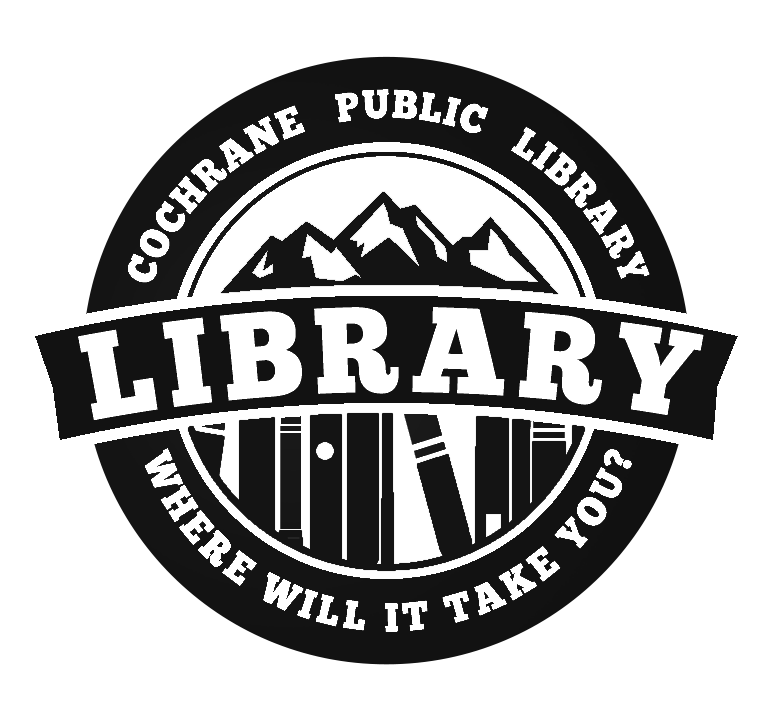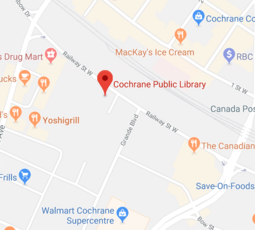Truth and Reconciliation
The education of Augie Merasty : a residential school memoir
Merasty, Joseph Auguste, author
2017
21 things you may not know about the Indian Act : helping Canadians make reconciliation with Indigenous Peoples a reality
Joseph, Robert P. C., 1963-, author
2018
Arts of engagement : taking aesthetic action in and beyond the Truth and Reconciliation Commission of Canada
2016
As long as this land shall last : a history of Treaty 8 and Treaty 11, 1870-1939
Fumoleau, René, 1926-
2004
Bad judgment : the myths of First Nations equality and judicial independence in Canada
Reilly, John, 1946- author
2019
John Reilly's second book, Bad Judgment, details the author's battle with the Canadian justice system and the difficulties he faced trying to adapt Eurocentric Canadian law for the benefit of First Nations people across the country. This revised and updated edition looks at the future of the Canadian legal and political systems as they relate to this country's indigenous communities.
Clearing the plains : disease, politics of starvation, and the loss of Indigenous life
Daschuk, James W. (James William), 1961- author
2019
The colonial problem : an indigenous perspective on crime and injustice in Canada
Monchalin, Lisa, 1981- author.
2016
From Bear Rock Mountain : the life and times of a Dene residential school survivor
Mountain, Antoine, 1949- author.
2019
"In this poetic, poignant memoir, Dene artist and social activist Antoine Mountain paints an unforgettable picture of his journey from residential school to art school--and his path to healing. In 1949, Antoine Mountain was born on the land near Radelie Koe, Fort Good Hope, Northwest Territories. At the tender age of seven, he was stolen away from his home and sent to a residential school--run by the Roman Catholic Church in collusion with the Government of Canada--three hundred kilometres away. Over the next twelve years, the three residential schools Mountain was forced to attend systematically worked to erase his language and culture, the very roots of his identity. While reconnecting to that which had been taken from him, he had a disturbing and painful revelation of the bitter depths of colonialism and its legacy of cultural genocide. Canada has its own holocaust, Mountain argues. As a celebrated artist and social activist today, Mountain shares this moving, personal story of healing and the reclamation of his Dene identity."-- Provided by publisher.
Honouring the truth, reconciling for the future : summary of the final report of the Truth and Reconciliation Commission of Canada.
Truth and Reconciliation Commission of Canada
2015
Intimate integration : a history of the Sixties Scoop and the colonization of Indigenous kinship
Stevenson, Allyson D., 1976- author.
2020
"Privileging Indigenous voices and experiences, Intimate Integration documents the rise and fall of North American transracial adoption projects, including the Adopt Indian and Métis Project and the Indian Adoption Project. The author argues that the integration of adopted Indian and Métis children mirrored the new direction in post-war Indian policy and welfare services. She illustrates how the removal of Indigenous children from Indigenous families and communities took on increasing political and social urgency, contributing to what we now call the "Sixties Scoop." Intimate Integration utilizes an Indigenous gender analysis to identify the gendered operation of the federal Indian Act and its contribution to Indigenous child removal, over-representation in provincial child welfare systems, and transracial adoption. Specifically, women and children's involuntary enfranchisement through marriage, as laid out in the Indian Act, undermined Indigenous gender and kinship relationships. Making profound contributions to the history of settler-colonialism in Canada, Intimate Integration sheds light on the complex reasons behind persistent social inequalities in child welfare."-- Provided by publisher.
A knock on the door : the essential history of residential schools from the Truth and Reconciliation Commission of Canada
2016
Let the people speak : oppression in a time of reconciliation
Jones, Sheilla, author
2019
Calls for a modernized treaty annuity whose value is linked to the value of the land. This annuity would be paid directly to all Status First Nations (FN) people, outside the control of Indigenous Affairs and band councils and transform the existing top-down power dynamics in federal Indigenous politics and put economic control in the hands of ordinary First Nations people.
Pathways of reconciliation : Indigenous and settler approaches to implementing the TRC's calls to action
2020
Since the Truth and Reconciliation Commission released its Calls to Action in June 2015, governments, churches, non-profit, professional and community organizations, corporations, schools and universities, clubs and individuals have asked: "How can I/we participate in reconciliation?" Recognizing that reconciliation is not only an ultimate goal, but a decolonizing process of journeying in ways that embody everyday acts of resistance, resurgence, and solidarity, coupled with renewed commitments to justice, dialogue, and relationship-building, Pathways of Reconciliation helps readers find their way forward. The essays in Pathways of Reconciliation address the themes of reframing, learning and healing, researching, and living. They engage with different approaches to reconciliation (within a variety of reconciliation frameworks, either explicit or implicit) and illustrate the complexities of the reconciliation process itself. They canvass multiple and varied pathways of reconciliation, from Indigenous and non-Indigenous perspectives, reflecting a diversity of approaches to the mandate given to all Canadians by the TRC with its Calls to Action. Together the authors -- academics, practitioners, students and ordinary citizens -- demonstrate the importance of trying and learning from new and creative approaches to thinking about and practicing reconciliation and reflect on what they have learned from their attempts (both successful and less successful) in the process.
The survivors speak : a report of the Truth and Reconciliation Commission of Canada
Truth and Reconciliation Commission of Canada, compiler, issuing body.
2015



